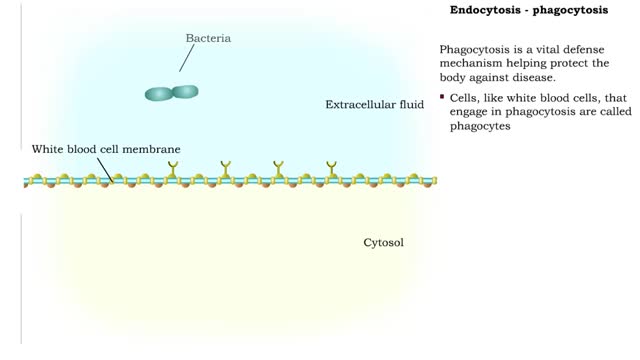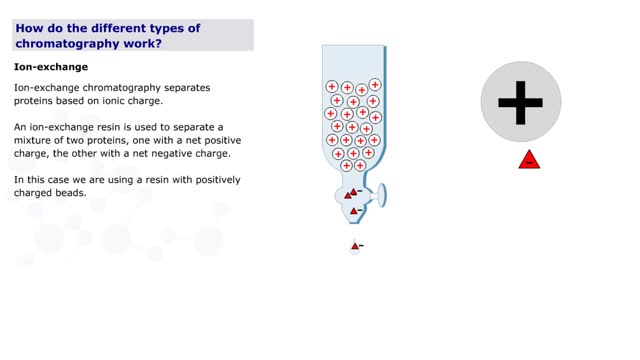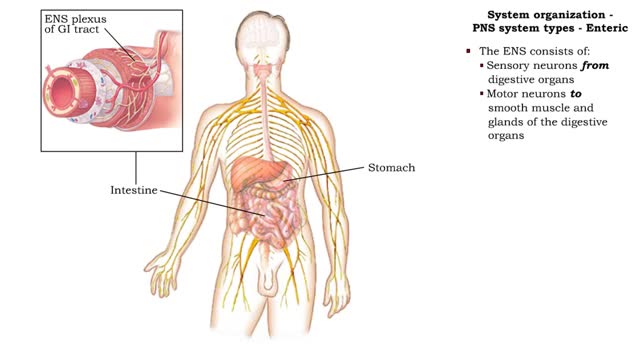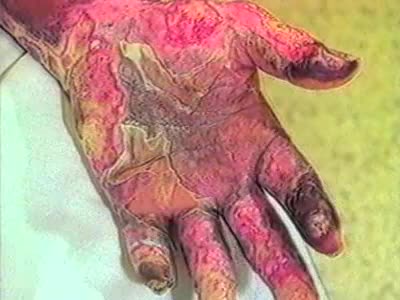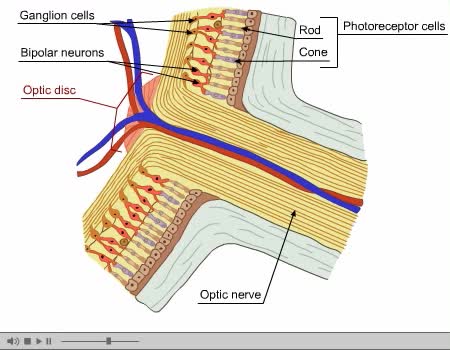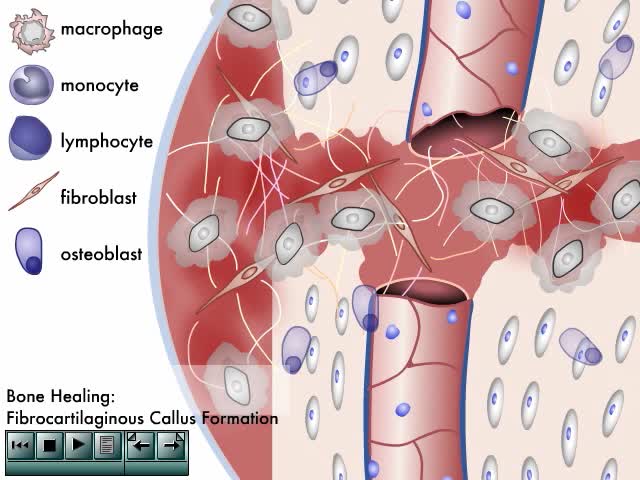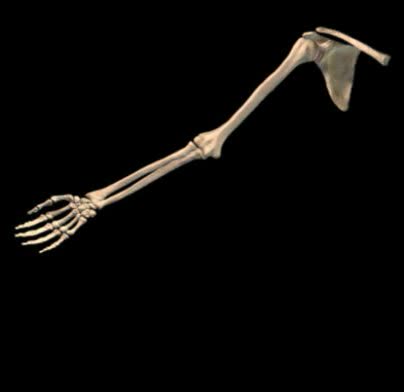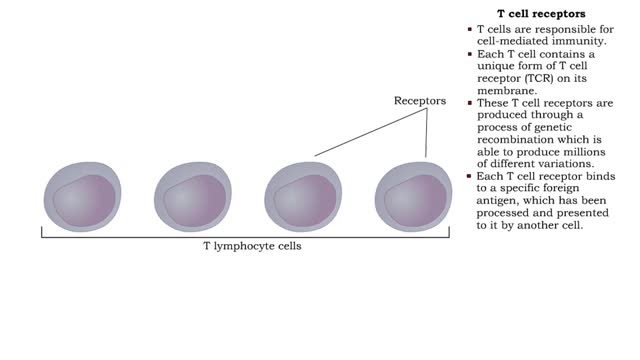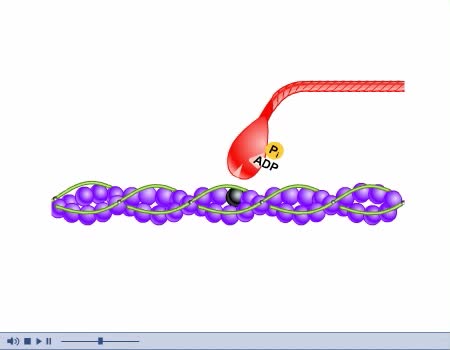Search Results
Results for: 'Types of synapses'
Endocytosis -Types and Phagocytosis
By: HWC, Views: 10960
Endocytosis is the process by which a substance is brought inside a cell without having to pass through the cell membrane. It is the opposite of endocytosis, the process by which substances exit the cell without having to pass through the cell membrane. Exocytosis – membrane-enclosed secret...
How do the different types of chromatography work? (No Audio)
By: HWC, Views: 10375
Chromatography is a term for a variety of techniques in which a mixture of dissolved components is fractionated as it moves through some type of porous matrix. A glass column is filled with beads of an inert matrix. The mixture of proteins to be purified is dissolved in a solution and passed ...
System organization - PPM system types (Somatic, Autonomic & Enteric) and Reflex arc types
By: HWC, Views: 11139
• The PNS consists of all nervous tissue outside of the CNS. • It is divided into three functional components: • Somatic nervous system (SNS) • Autonomic nervous system (ANS) • Enteric nervous system (ENS) • The SNS consists of: • Sensory neurons from skeletal muscles ...
By: Administrator, Views: 13568
Burns are one of the most common household injuries, especially among children. The term "burn" means more than the burning sensation associated with this injury. Burns are characterized by severe skin damage that causes the affected skin cells to die. Most people can recover from burns withou...
By: Administrator, Views: 14339
A photoreceptor cell is a specialized type of neuroepithelial cell found in the retina that is capable of visual phototransduction. The great biological importance of photoreceptors is that they convert light (visible electromagnetic radiation) into signals that can stimulate biological processes...
By: Administrator, Views: 13921
A visual on how bones eventually heal themselves. Traction is the application of a pulling force to maintain bone alignment during fracture healing. Different fractures require different types of traction. (A) Balanced suspension traction is commonly used for fractures of the femur. (B) Skelet...
By: Administrator, Views: 13316
Types of body movement that occur at the diarthrotic joints: - Abduction - Adduction - Circumduction - Dorsiflexion Movement can occur in one plane, like with a knee bend, or in multiple planes such as with a shoulder roll. Adduction occurs when a joint moves a part of the body toward the ...
By: HWC, Views: 10579
• T cells are responsible for cell-mediated immunity. • Each T cell contains a unique form of T cell receptor (TCR) on its membrane. • These T cell receptors are produced through a process of genetic recombination which is able to produce millions of different variations. • Each T ce...
Contraction and Relaxation Animation
By: Administrator, Views: 13817
Muscles are responsible for movement. The types of movement are: - Locomotion, when chemical energy is changed into mechanical energy. - Propulsion of substances through tubes, as in circulation and digestion. - Changes in the sizes of openings, as in the contraction and relaxation of the iris...
Advertisement



